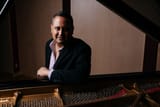Syrinx : XXII Prepares to Return to India
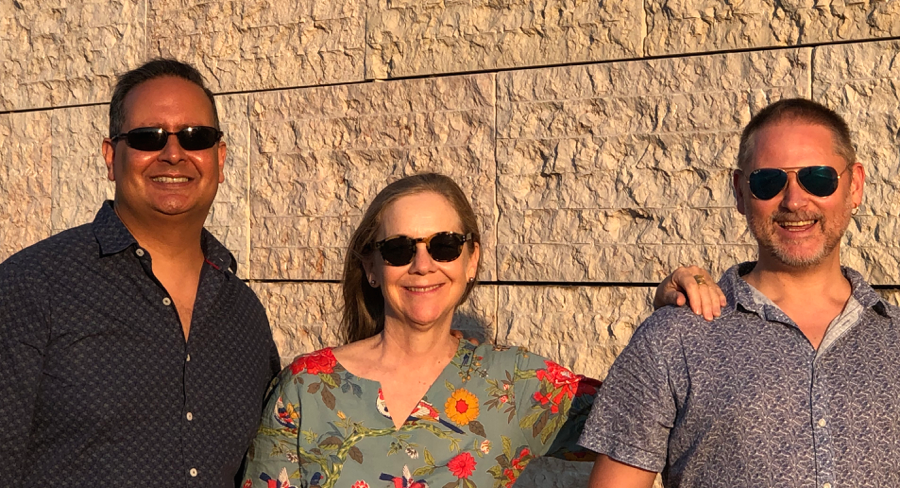
I went to Lisbon, Portugal in August 2018 to meet up with my partners in Syrinx : XXII — Katharine Rawdon, flutes, and António Carrilho, recorders. Since the three of us don’t all live in the same country we assemble for periods of intensive work in our respective cities whenever we can. The summer offered us the longest period when we could prepare the new program for our upcoming tour of India. This also gave me an excuse to spend more time in beautiful Lisbon.
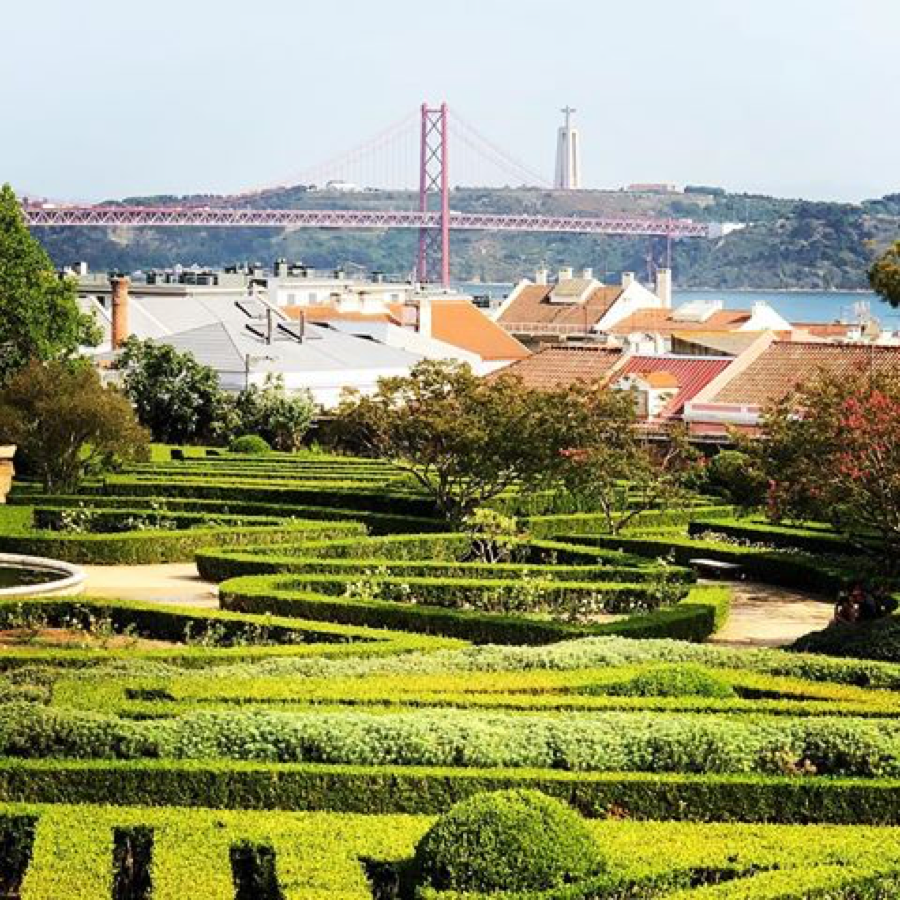
Our work began long before we sat together in a room with our instruments. For months we exchanged ideas for new repertoire to consider. Because we play an original collection of instruments we don’t have an existing body of literature to draw from; we’re free to either adapt music conceived for other instruments or to go directly to composers to create new works especially for us. We’ve always done both for our programs. Thanks to the variety of instruments in our collections we’re able to present a wide range of repertoire. We usually cover four if not five centuries of music in each program, reaching back to the Renaissance and up to current times.
Here’s a very small sample of some of António’s instruments:
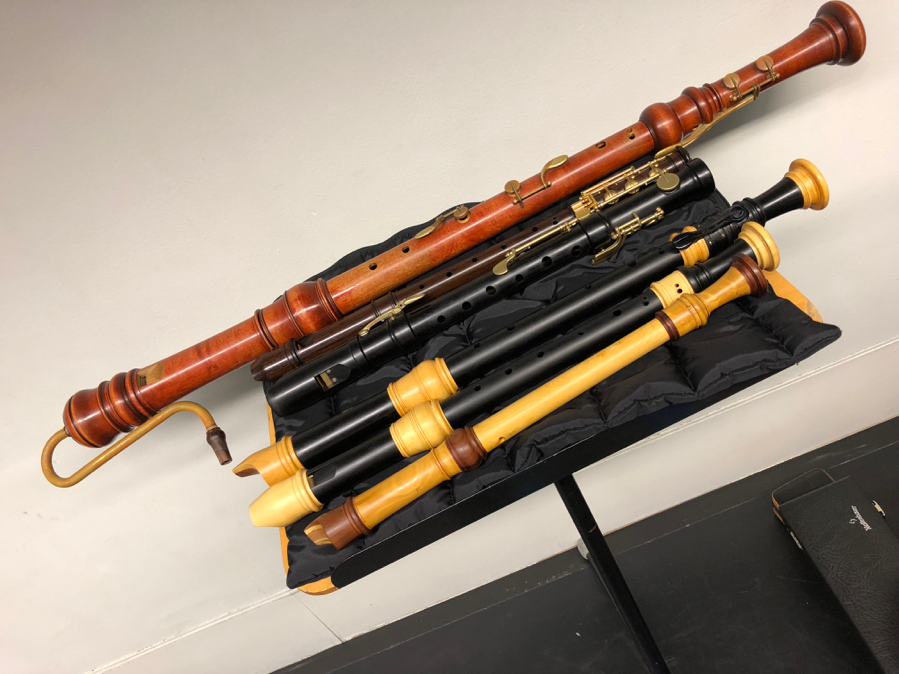
And here’s Katharine warming up her bass flute.
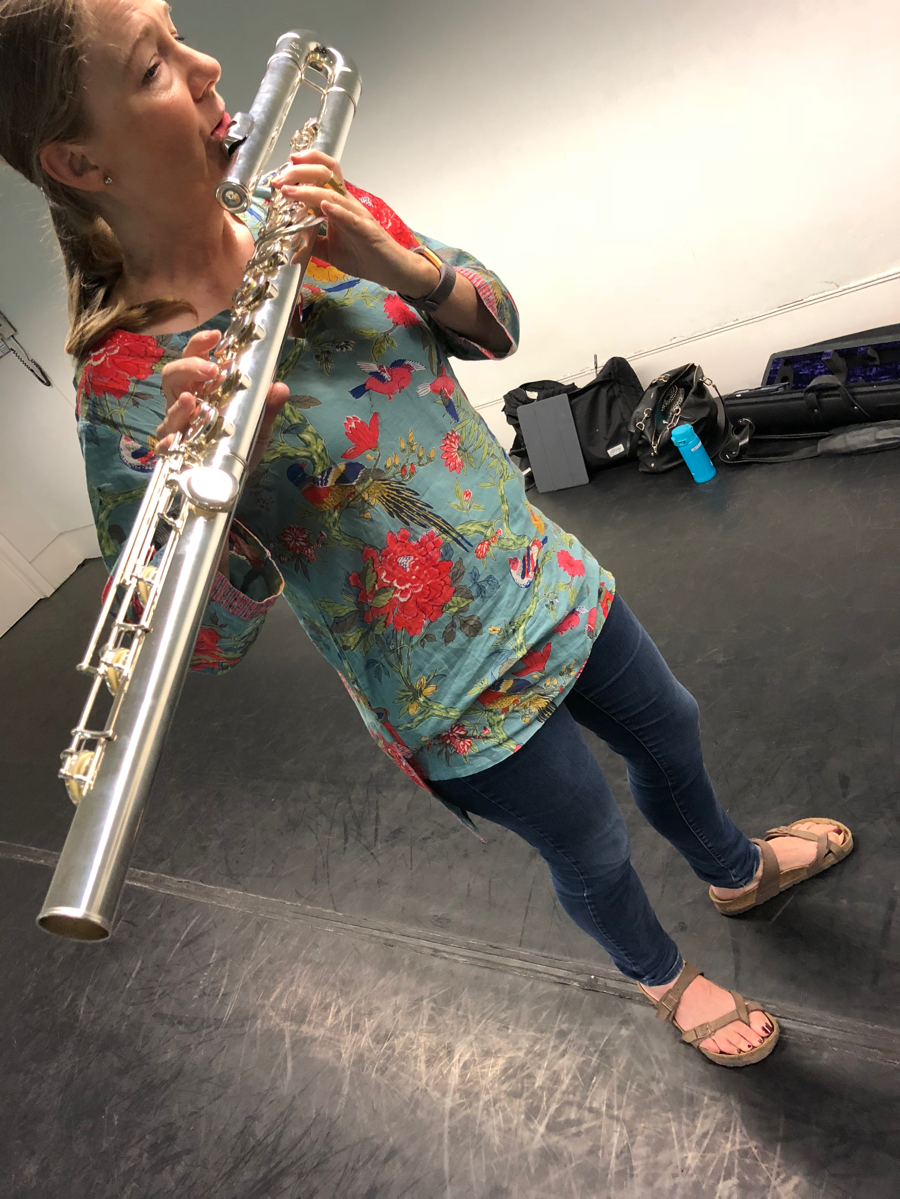
As we begin each piece we start to identify which instruments are best suited to the work at hand. We have the full range from highest to lowest flutes and recorders, giving us endless possibilities to explore. The range of each instrument is one consideration, along with tuning, colour, and the ability to either blend or contrast with the other instruments.
This sometimes leads to additional work if the instrument selected is a transposing one. We’ve chosen the beautiful Kegelstatt Trio by Mozart to end our programs in India. The original instrumentation calls for clarinet, viola, and piano. We found that the mellow sound of alto flute was a beautiful match for the viola part. The alto flute is a transposing instrument, so here you’ll see Katharine copying out her part in her impeccable manuscript before scanning it into the iPad she uses at performances.
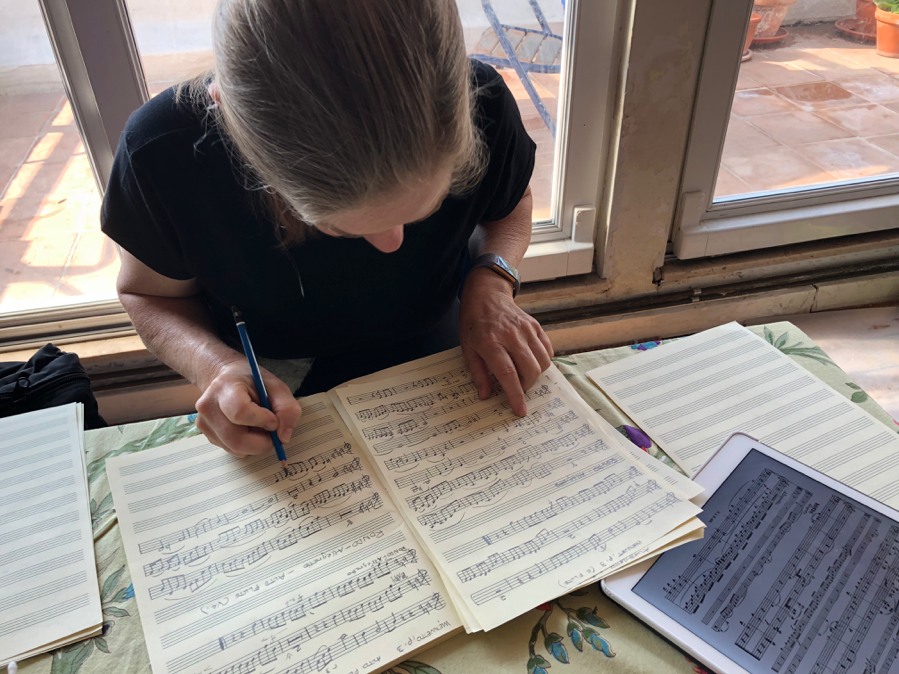
Another work on our program is a vocal duet from a Cantata by Bach. The wind players took the parts written for the two singers while I play the continuo part. In the original Bach wrote out the left hand part and the figures representing the harmonies. Modern editions usually offer either a reduction of the orchestral part for the right hand to play, or else the editor’s own version of how he interprets the harmonies indicated by the figured bass. As often happens for us we were unsatisfied with the pre-made options we found, so we decided to make our own version. Here you’ll see António adding in a blank staff on his iPad where an editor’s realization had been. Once the blank staves were added we were able to write in our own ideas. António’s immense experience as an interpreter of baroque literature was extremely valuable for this, in combination with my input about what would best fit my hand.
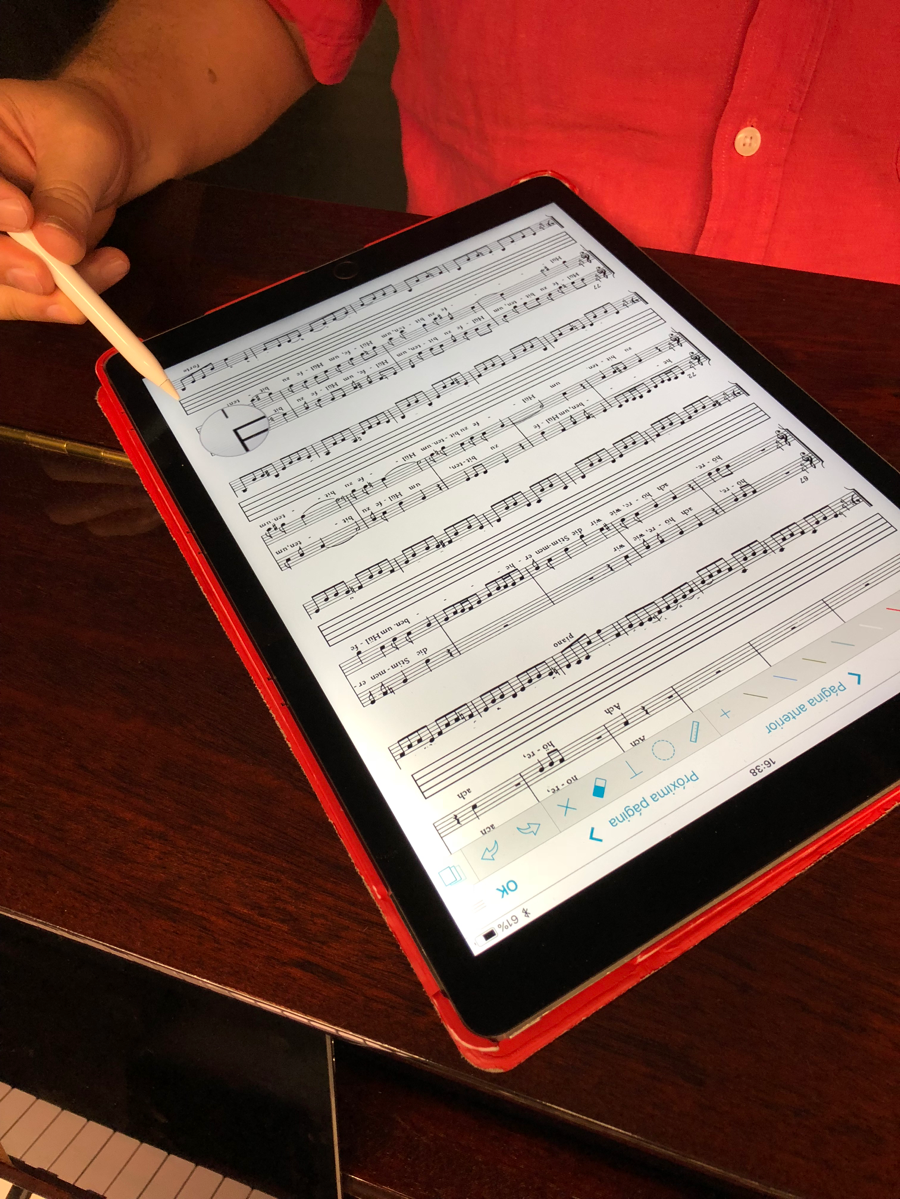
Since my colleagues live in Portugal we decided to bring some music from that country. The first of these pieces is a lovely lullaby written by late, legendary folk singer José Afonso, a beloved figure strongly associated with the peaceful 1974 revolution that delivered Portugal from dictatorship into democracy. Noted composer Carlos Marecos, who created a new piece for our last tour of India, made a very personal arrangement of this piece for two flutes and piano. As I wasn’t familiar with the original version of this touchingly beautiful lullaby Katharine put on a recording of the composer singing it with his own guitar accompaniment while we studied the text together.
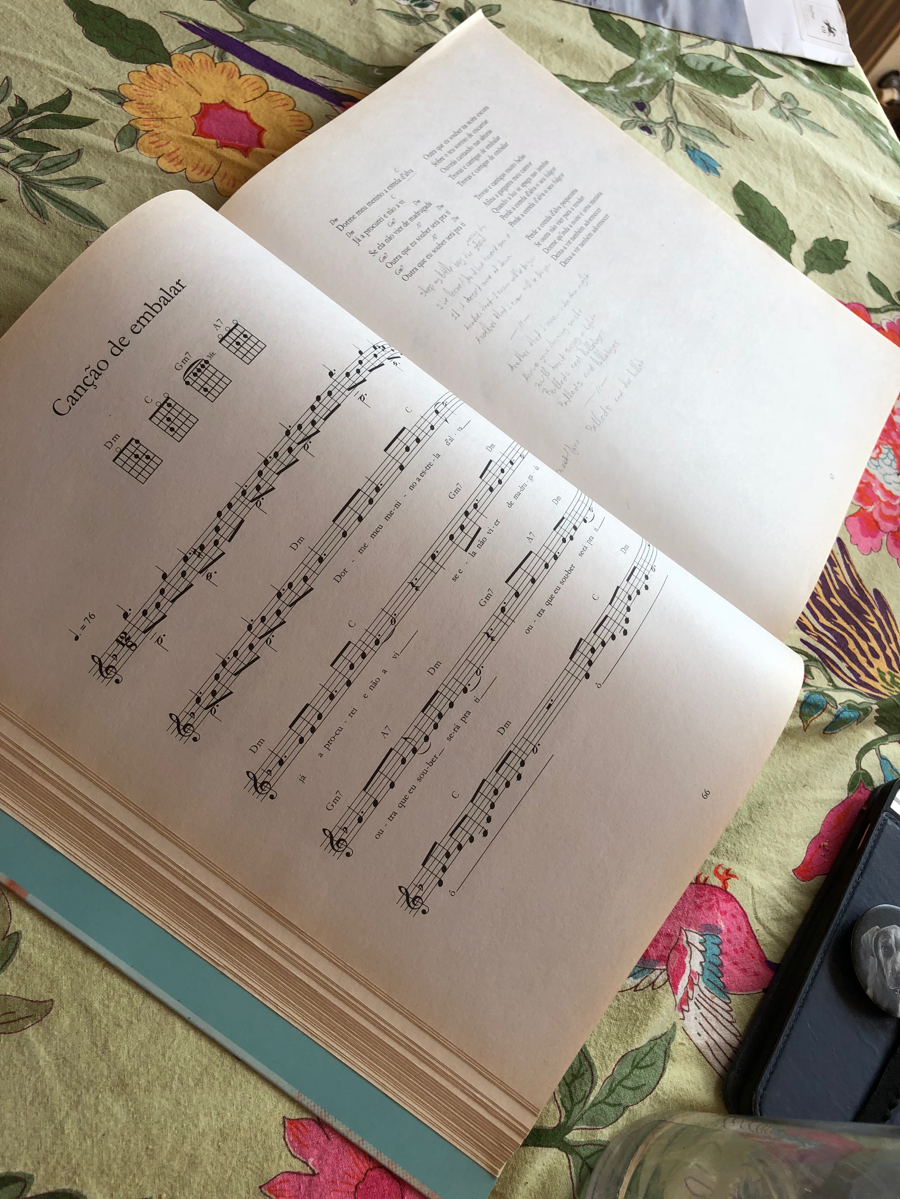
We’ll also present the world premiere of Inside Kampala, a suite written especially for us by German composer Sören Sieg. He composes frequently for both flutes and recorders, and his recent music is infused with the rhythms and colours of the countries he visits in Africa. Inside Kampala is the twenty-second of his African Suites. It was written to highlight the instruments Syrinx : XXII brings to each concert and shines a spotlight on Katharine’s bass flute and a variety of António’s instruments.
We were fortunate to be invited to rehearse at the beautiful Cultural Centre of Belém, close to Katharine’s home. Here we all are after a long day of rehearsals, ready to enjoy the remaining sunshine of another beautiful Lisbon day.
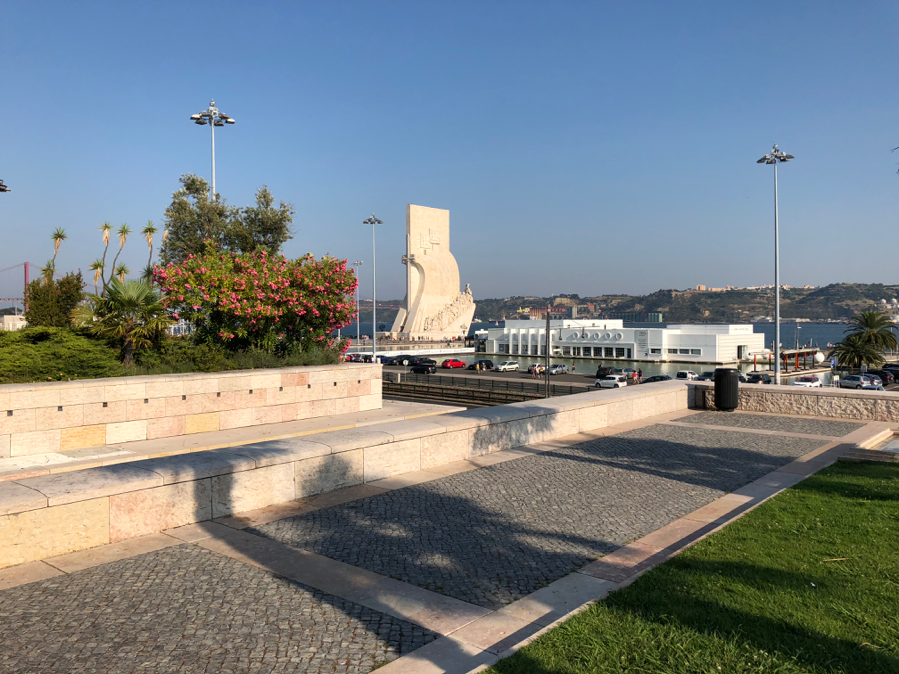
Our tour of India will take place in November of 2018. We look forward to sharing the pieces outlined above as well as beloved works by Gluck and Schubert.

